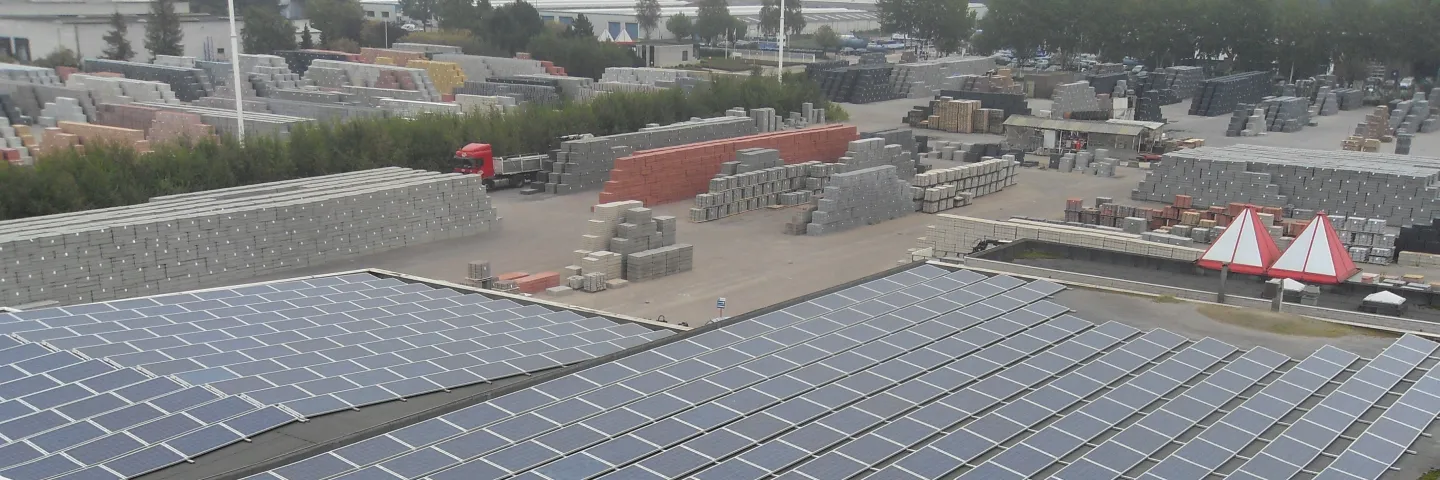The world appears to be waking up to the need for sustainability. Which is a good thing. We need to be careful with our people and the world, for now and for the future. This has been an important theme at Martens for many years, and we have been recognized for it.
Sustainability begins at home
If you work at Martens, you don't have a very strict job description, but you are encouraged to take on as many tasks as possible and to develop to the best of your ability. Our staff are involved in operational management as much as possible in order to do a bit better than the day before, every day. Focus on our staff is the most important aspect when it comes to the three Ps. One component of this is Vibrant Martens, an initiative to make the People of Martens more aware of a healthy, vibrant lifestyle. We have embraced various routes for this:
- Fresh fruit for all employees and visitors;
- Sporting activities and events for employees;
- Training courses;
- Support and stimulation for personal goals
We work together to build a healthy team.
Energy generation
Martens invests heavily in the generation of renewable energy:
- The most visible part of this is the wind turbines (3 x 2.5 MW) at our Weststad III site in Oosterhout.
- The biggest step we have taken in sustainability is our cogeneration facility for heat and electricity. We generate energy in order to provide heat to all buildings at Weststad III. This CHP plant also supplies energy to provide us with the cooling water needed for production of PVC pipes.
- Another example is the roof of the brick factory in Mol. It is covered with solar panels to generate a large share of the energy requirements on our own roof.
For us, minimizing emissions has always been an issue. With this issue we prefer to avoid comparisons, but one clear example is the use of gas during production. A manufacturer was very proud to report that they had managed to eliminsate the use of a large amount of gas. Our shaft factory, however, has never used gas in production.
Residual heat
We use our residual heat in winter to heat the buildings and the process water for the production of concrete. When the weather is warm, the residual heat is converted via an absorption chiller and used for the plastic factory's cooling water.
Circular economy
As a manufacturer, we process a great deal of raw materials. Martens is therefore always looking for alternative raw materials. We prefer to give old products a second life. We can also reuse our own products in the production process. This circularity is not just good for our planet, but also for our bottom line.
Martens kunststoffen
The industry association has set up a pipe collection system (BIS) with national coverage in which the products collected get a second life as plastic piping. Martens regional centres serve as collection points as part of this national system. BIS keeps more than half of the excavated plastic pipes in the Netherlands in the chain. The plastic waste is broken up and recycled into new products.
Martens beton
To reduce the use of high-quality drinking water, we use rainwater for concrete production. Concrete residue and waste are processed into granules and recycled as raw material. We are also busy with development of Geoton.
Ceramics
Martens keramiek products are specifically developed for recycling. Both the ceramic cladding replaced after many years and the remnants at the construction site can be used again in the production process as raw material.
